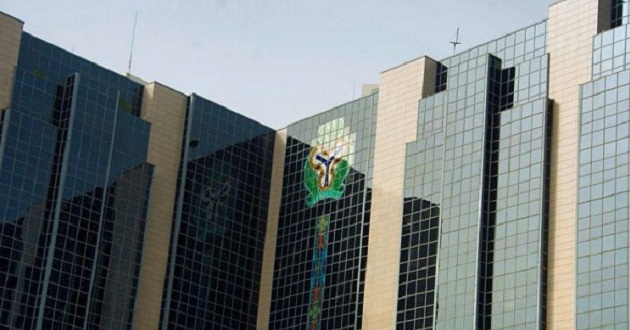Business
Banks’ loans rise to N3.3 trillion in 12 months

The loan portfolio of deposit money banks in the country leapt by 21 per cent to N3.3 trillion in 12 months, Gregory Kronsten, Macroeconomic and Fixed Income researcher at FBN Quest has revealed.
FBN Quest said in a report titled ‘Special Economic Report: The Macro Damage from COVID-19’ that one of the bright spots of the coronavirus pandemic had been the surge in banks’ portfolio size.
Kronsten stated that the increase in credit to the manufacturing sector was close to 35 per cent.
“As well as leaning on the banks to boost lending as their regulator, the Central Bank of Nigeria has also multiplied and deepened its own credit interventions over the period.
“The beneficiaries are not identifying themselves and probably include few SMEs, yet the increase should help businesses in their hour of need”, he said.
FBN Quest went further to say “we see better access to bank credit and more government spending on the agenda too, but the principal driver of the (negative) growth number this year is Nigeria’s position a little apart from the global village.
Read also: Banks’ non-performing loans burden now N1.2tn –CBN
“Its large agricultural economy and sizeable domestic market, together with limits to its international integration, together mean that its GDP will contract in 2020 by rather less than many of its peers. For the same reason (its uneven development), the rebound next year is set to be modest”.
It said Tue National Bureau of Statistics data revealed a better-than-expected return to work after lockdown especially in rural areas. A majority of returnees worked in agriculture and non-farm household firms.
Respondents nevertheless are returning to companies with a fall in revenue compared to pre-Covid 19 and bloated operating expenses. Wide gaps exist in the safety nets of many households.
“Closing with the impact of the virus on inflation, there are downward pressures such as a further weakening in consumption patterns due to the lockdown. However, there are also upward pressures such as the shutdown of factories and general supply chain disruptions.
“Our take is that the headline rate will see a further modest rise to 13.1 per cent year-on-year at year-end 2020 from 12.6 per cent in June”, FBN Quest said.
Join the conversation
Support Ripples Nigeria, hold up solutions journalism
Balanced, fearless journalism driven by data comes at huge financial costs.
As a media platform, we hold leadership accountable and will not trade the right to press freedom and free speech for a piece of cake.
If you like what we do, and are ready to uphold solutions journalism, kindly donate to the Ripples Nigeria cause.
Your support would help to ensure that citizens and institutions continue to have free access to credible and reliable information for societal development.






















